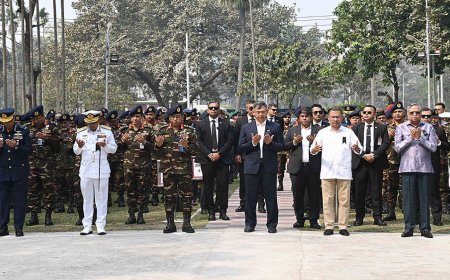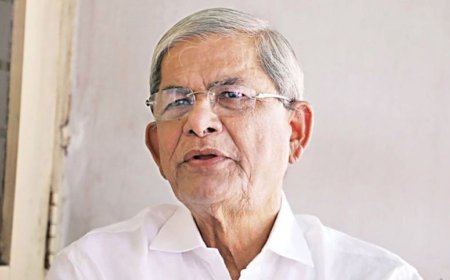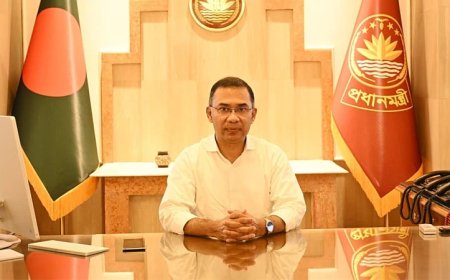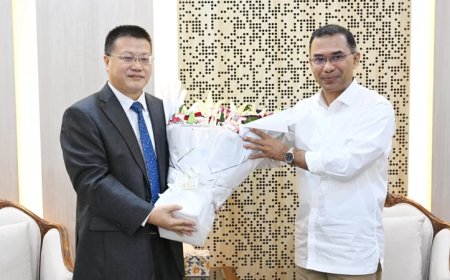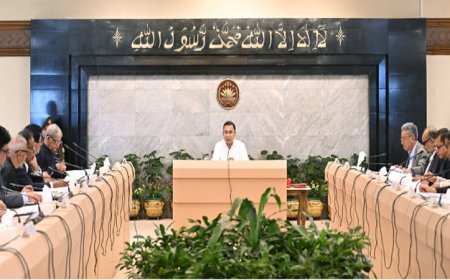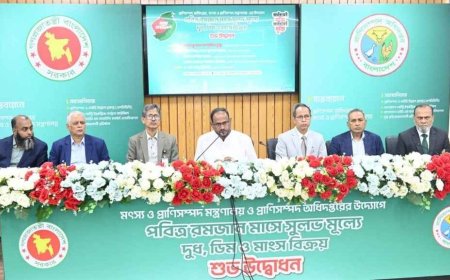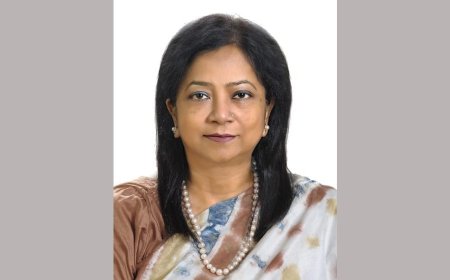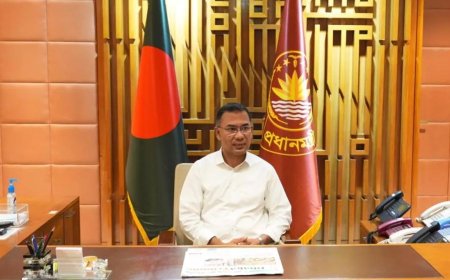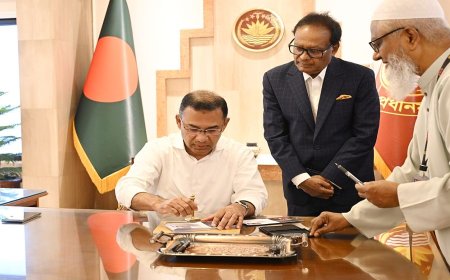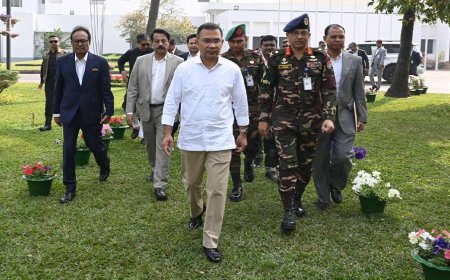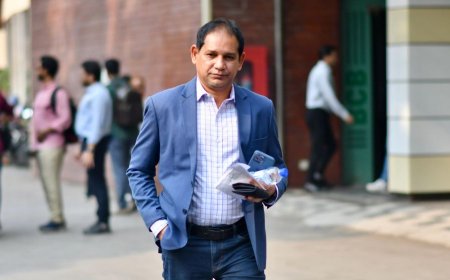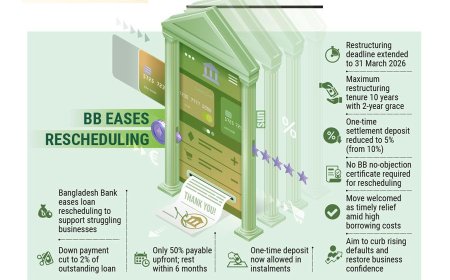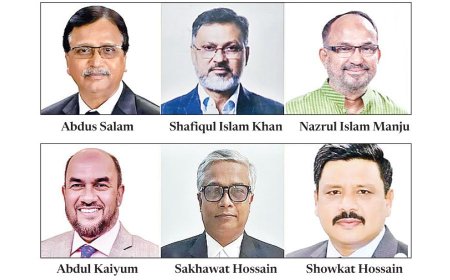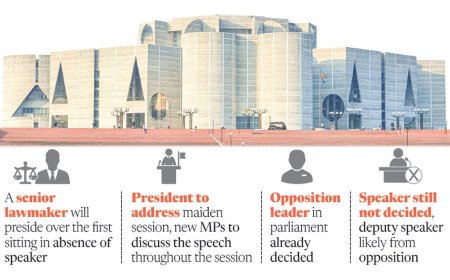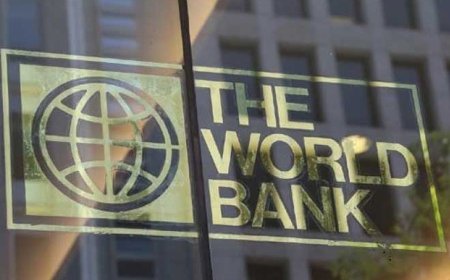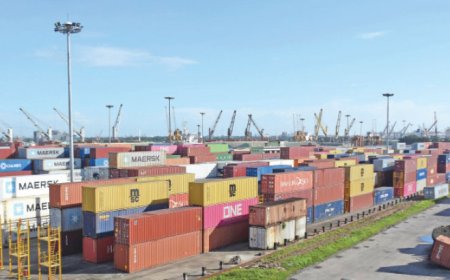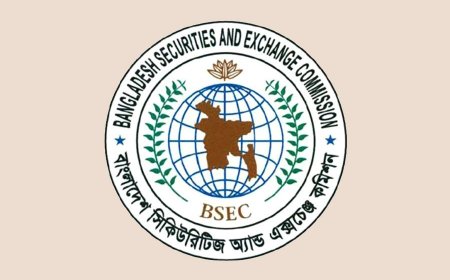International forum briefed: poverty climbing, job opportunities shrinking, and social indicators declining in Bangladesh
International forum briefed: poverty climbing, job opportunities shrinking, and social indicators declining in Bangladesh.
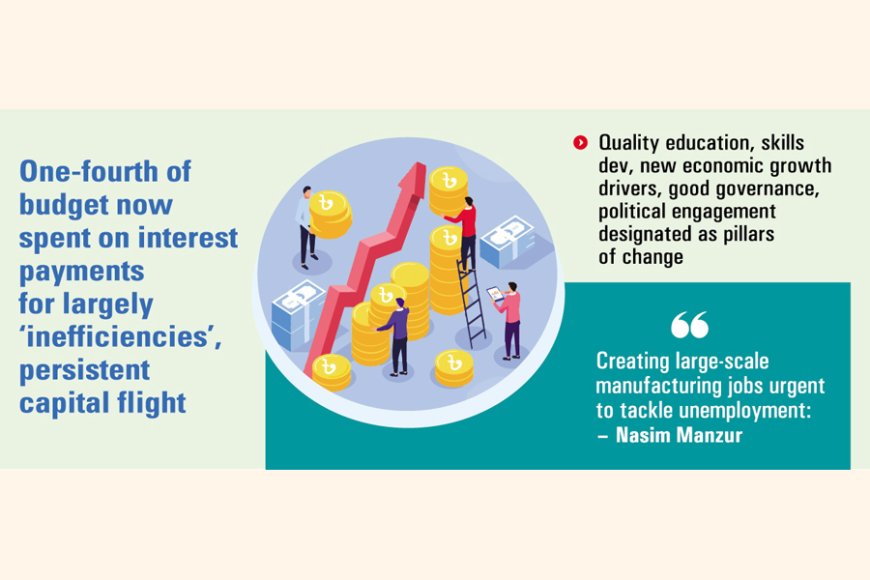
Poverty is rising, job opportunities are shrinking, and key social indicators in Bangladesh are deteriorating, according to a presentation at an international conference in Dhaka that highlighted mounting setbacks in the national economy and their spillover effects. Yet despite these adverse trends, Bangladeshis have not lost hope—a form of “resilience psychology” that remains the country’s greatest asset, observed Dr Hossain Zillur Rahman, Executive Chairman of the Power and Participation Research Centre (PPRC).
He noted that although many activities are underway in the country, the overall momentum—or “speed”—of progress has not picked up.
Dr Rahman’s comments appeared in his keynote address at the second session of the International Conference on Economics, Business and Technology Management (ICEBTM 2025), held Friday at a Dhaka hotel. Prof Dr M Tamim, Vice-Chancellor of Independent University, Bangladesh (IUB), chaired the session of the two-day event organised by IUB’s School of Business and Entrepreneurship (SBE).
In his speech, Dr Rahman pointed out that a quarter of the national budget is now being spent on interest payments, underscoring inefficiencies in public spending and lingering challenges such as capital flight. He called for a deeper analysis to pinpoint the structural weaknesses behind these trends.
He identified four critical pillars of change requiring urgent attention: quality education and skills development, the cultivation of new economic growth drivers, improved governance, and greater political engagement.
Raising the overall quality of education—including soft skills—would significantly strengthen human capital, he argued. Meaningful progress, he said, will require coordinated action from the state, the market, and society, as well as a strong focus on nurturing new growth engines.
Bangladesh has long depended on RMG and remittances, but sectors such as agriculture, IT, and pharmaceuticals now hold strong potential and need targeted policy support to expand. Governance, he added, is often discussed superficially, without addressing how better governance can translate into accelerated economic momentum. Bureaucrats often operate with “unlimited time,” he noted, while entrepreneurs must consistently stay competitive.
Dr Rahman emphasised that professionals and entrepreneurs should unite—not to form a political party, but as an effective pressure group to push political leaders toward reform, a model that has succeeded in many countries but remains absent in Bangladesh. He lamented that business associations often function as extensions of political parties rather than true industry bodies capable of defending business interests.
Speaking earlier as a special guest at the inaugural session, Prof Dr M Tamim noted that inflation remains elevated despite a contractionary monetary policy, driven by factors extending beyond monetary tools.
At the same session, guest of honour Syed Nasim Manzur, Managing Director of Apex Footwear Limited, highlighted the urgency of creating employment for Bangladesh’s large youth population. “To create jobs, we need skills. Bangladesh is lagging far behind in AI. Geographically, we are important and labour remains inexpensive,” he said.
Dr Hossain Zillur Rahman attended the inaugural session as chief guest, joined by special guests Didar A Husain, Chair of the Board of Trustees at IUB, and Prof Dr Daniel W Lund, Pro-Vice-Chancellor at IUB. Prof Dr Raisul Awal Mahmood served as honorary general chair, while Prof Dr Md Mamun Habib was the general chair of the event.
During the Industry Talk session, Syed Nasim Manzur warned that unemployment is becoming a grave concern. Citing official figures, he said Bangladesh’s unemployment rate rose to 5.08% in 2025 from 3.66% in 2024—its highest level in three years. Youth unemployment stood at 11.46% in 2024. Addressing this challenge, he argued, will require generating large-scale manufacturing jobs.
He identified emerging manufacturing growth areas including consumer durables, light engineering, mobile phones, pharmaceuticals, furniture, building materials, garments and shoes, food, fast-moving consumer goods (FMCG), and transport.
Another keynote speaker was Dr Derek Westfall of Oregon State University, USA. The session was co-chaired by Prof Dr Jonathan Liu of Manchester Business School, UK, and Prof Dr Daniel W Lund, Pro-Vice-Chancellor of IUB.
What's Your Reaction?







